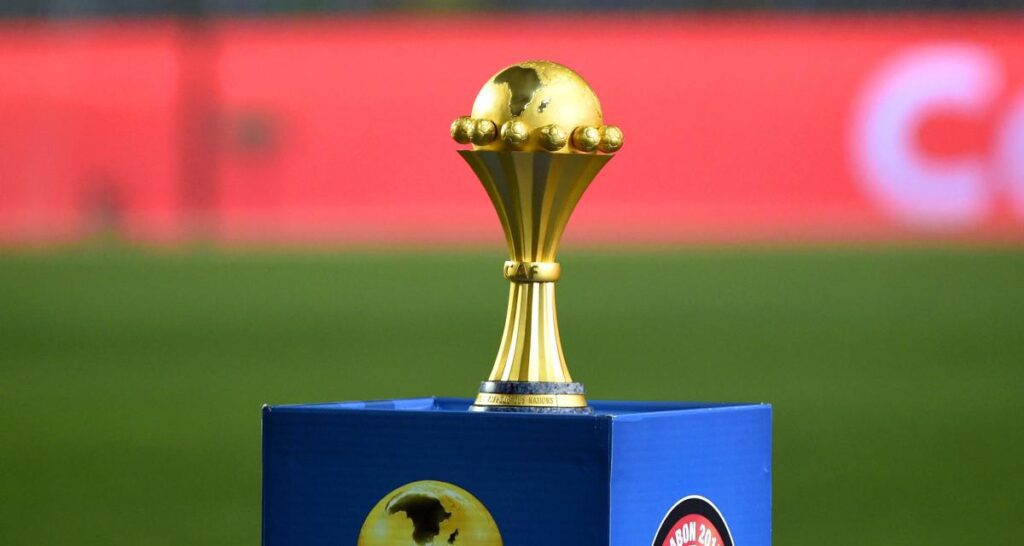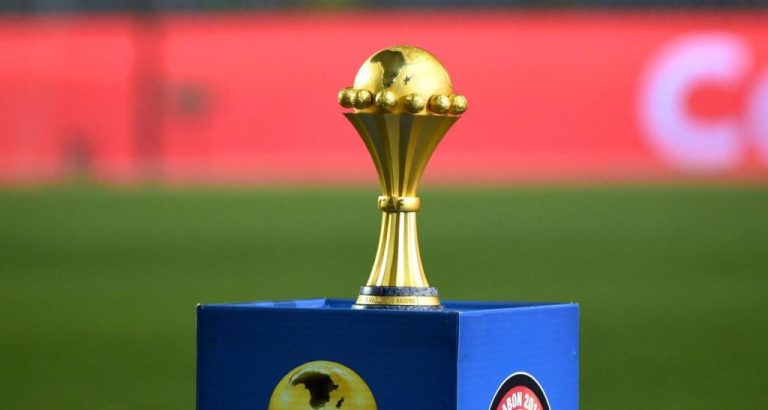Home » African Football
Rise of Ugandan Football: From Youth Triumph to Global Ambition

The Rise of Ugandan Football. A new power is starting to grow in the shifting landscape of African football not from the conventional heartlands of North or West Africa but from the East. Long relegated to the margins of the continental football power, Uganda is boldly pursuing a path toward the international stage. The country’s recent U-17 World Cup qualifying not only represents a turning point in young football but also an indication of a deeper structural change starting to take shape in East Africa’s most vibrant footballing country.
History Revisited: East Africa’s Forgotten Football Legacy
Few recall that in the first years of the Africa Cup of Nations, it was East African teams—Sudan, Ethiopia, and Uganda—that stood among the continent’s top, while present African football stories have focused on Egypt, Nigeria, Ghana, and Senegal. Once a competitive hotspot, the CECAFA region lost relevance over time as other countries accelerated infrastructure and talent development investment.
The arc of history seems today to be curving back toward its beginnings. The growth of Ugandan football is not just about recovering a lost past but also about reinventing it—by means of deliberate youth development, better government, and a clear future vision.
El Jadida: The Night the Cubs Roared
The Ugandan U-17 national team—affectionately called the Cubs—made history in Morocco. Uganda fought back from an early deficit to win 2–1 in a dramatic playoff match against The Gambia, so qualifying for a FIFA World Cup at any level for the first time in history. It was a statement of intent more than a football outcome.
After conceding a shock opener in the first minute, the Cubs responded with striking maturity. James Bogere, the name now echoing across Ugandan households, scored twice in the first half, sealing a victory that would reverberate far beyond the pitch. Bogere’s performance was emblematic of a generation that has come of age within Uganda’s reformed football ecosystem.
The Engine Behind the Victory: FUFA’s Long-Term Vision
This breakthrough was no accident. It was the outcome of a persistent, strategic effort by the Federation of Uganda Football Associations (FUFA). The FUFA Technical Master Plan—a national strategy that uses web-based talent tracking, deploys district-level scouts, and anchors elite competitions like the FUFA Juniors League—lies at the core of Ugandan football’s rise.
By means of this pipeline, Uganda has developed players like Travis Mutyaba, Allan Okello, and now Bogere—young stars shaped in a system that values merit and tenacity. The Cubs are not unusual; they are the most recent proof of the effectiveness of organized young investment.
Hon. Magogo Moses Hassim, president of FUFA, admitted the historic character of the Cubs’ qualification, which he ascribed to government assistance and long-term preparation. He underlined that young achievement in Uganda is a group effort including parents, schools, communities, and national leadership.
Beyond the Scoreline: National Impacts and Global Ambitions
This landmark qualification has unleashed ripple effects across the country:
Youth academies report surging interest from aspiring players and parents.
Grassroots clubs are gaining traction among local sponsors.
UPL clubs are intensifying their focus on young talent.
Community engagement in football is deepening, turning spectators into stakeholders.
The timing is crucial. Already getting set to co-host the 2025 CHAN and the 2027 AFCON—two significant continental events promising to improve infrastructure, drive economic activity, and more deeply embed football into the cultural and political conversation of Uganda.
The Uganda Premier League: Laying the Domestic Bedrock
The slowly developing Uganda Premier League (UPL) lies behind Uganda’s international success. Among Africa’s oldest continuous leagues, the UPL has welcomed change with fresh zeal—emphasized by a calculated turn toward commercialism, fan involvement, and infrastructural development.
With 95% of players drawn from local talent, the UPL serves as a crucible for national development. Clubs like Villa SC, KCCA FC, and Vipers SC are pushing boundaries, often under resource constraints, to produce players capable of representing Uganda on international stages.
According to UPL Chief Commercial Officer Matovu Jovin, the goal is clear: to position the league as a top-tier destination in African football through better broadcasting, modern stadiums, and partnerships with global stakeholders.
Preparing for Qatar 2025 and Beyond
With a historic ticket to the FIFA U-17 World Cup 2025 in Qatar secured, preparations are underway. FUFA has outlined plans for
International training camps and friendlies
Support from FIFA and CAF in logistics and tournament readiness
Academy partnerships to offer players career-shaping experiences abroad
For Ugandan football, this year is a turning point of great importance. This year is significant not only for the development of a competitive U17 team but also for demonstrating to the world that Uganda is not only ready to participate but also to compete at the highest level.
A Nation Behind Its Cubs: The Cultural Shift
The rise of Ugandan football is not confined to the pitch. There has been a dramatic surge in football culture nationwide.
Schools like Blessed Sacrament Kimaanya in Masaka are producing national-level players.
Ugandan football fans are mobilizing around local clubs more than ever before.
Media coverage of youth football has increased dramatically.
From busy Kampala areas to rural villages, football is more than a pastime; it’s an engine for social mobility, national pride, and international fame. The success of the Cubs is driving a movement that inspires young people to dream bigger.
Diaspora Dreams and Global Pathways
As Ugandan players begin to draw interest from European scouts, especially those heading to Qatar 2025, the future shines bright. James Bogere has already hinted at his dream of playing in Europe. He knows the world will be watching.
FUFA is also working to create pathways for Ugandans abroad—with planned collaborations with diaspora coaches, clubs, and mentors to guide talented youth toward international opportunities.
This approach ensures that the rise of Ugandan football is not a single wave, but a continuous tide.
Final Thoughts: The Rise of the Cubs, the Rise of a Nation
Uganda’s U17 qualification is far more than a sporting triumph. It is a cultural watershed and a strategic milestone. It reflects a nation awakening to its potential, guided by visionaries, sustained by communities, and driven by its youth.
The Cubs are not only Uganda’s first representatives at a FIFA World Cup—they are pioneers of a new era. As the countdown to Qatar 2025 begins, one truth is clear: this moment is not the end of the story—it is the beginning of something extraordinary.
The rise of Ugandan football, once forgotten in the annals of African greatness, is back. And this time, it’s here to stay.



